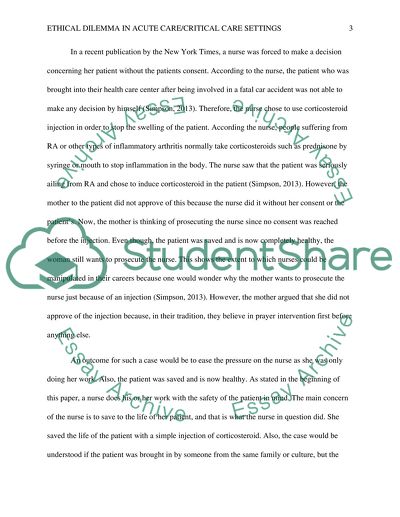Etical Dilema in acute care/critical care settings Assignment. Retrieved from https://studentshare.org/nursing/1479909-etical-dilema-in-acute-care-critical-care
Etical Dilema in Acute care/Critical Care Settings Assignment. https://studentshare.org/nursing/1479909-etical-dilema-in-acute-care-critical-care.


